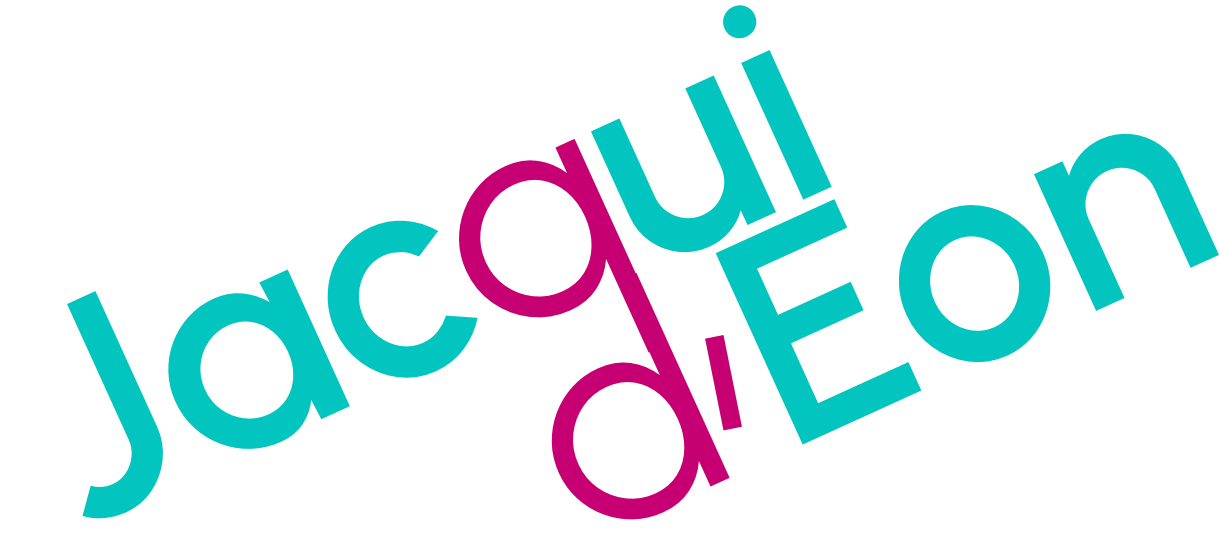
Events. Conferences. Seminars. Workshops. All have one simple thing in common – people who attend them. They are also complicated to do well and require careful planning to be successful.
Here are the key ingredients for a successful event:
- Be clear on your purpose. Events can run the gamut from pure celebrations to inciting action to fundraising. An event isn’t necessarily the best approach for some purposes. When you are honest about your purpose, the action steps to achieve your objectives are much clearer.
- Give yourself time to plan. People are busy. Not just your attendees but event planners too. When you think about who you want at your event and what it will take to deliver the event (venue, programming, catering, etc.) make sure you give yourself sufficient time to make it happen and give your potential attendees sufficient notice to put it in their calendars.
- Make sure you understand the costs involved. Events are expensive. Developing a detailed budget that anticipates the costs involved and allows a contingency is important. If attendees will be charged a fee to attend, the breakeven event/profit/loss calculations are critically important to both know and manage.
- Recruit the right audience to attend. As noted above, people are busy. You need to give them time to get the event in their calendars and if you are charging a fee, time to get budget approval to attend. Attracting the right audience means being clear on your target group and appealing to them in your pre-event marketing/invitations, etc. People need to know why your event is a must-attend and what they will get from attending – even if it is only to be seen in the company of others. By the way, the easier you make it to say yes, the better.
- Execute with excellence. It may seem obvious, but a fantastic learning event can be derailed by inadequate seating, a hot room or terrible food. Whatever you promised your audience ahead of time, make good on the promise and if possible go above and beyond.
- Measure your performance. Experience is a great teacher. Getting feedback on the success measures you set at the beginning will help you plan for the future. Measures can include financial success, media coverage, attendee follow-up, etc.
It may not be rocket science or brain surgery but having a successful event with these six ingredients can make the difference between achieving your objectives or failing very publicly. Put your best foot forward by ensuring you have the right ingredients.
Leaders are often called upon to stage or participate in events. If you need assistance determining whether or not to hold your own or participate in an event, let's talk.

